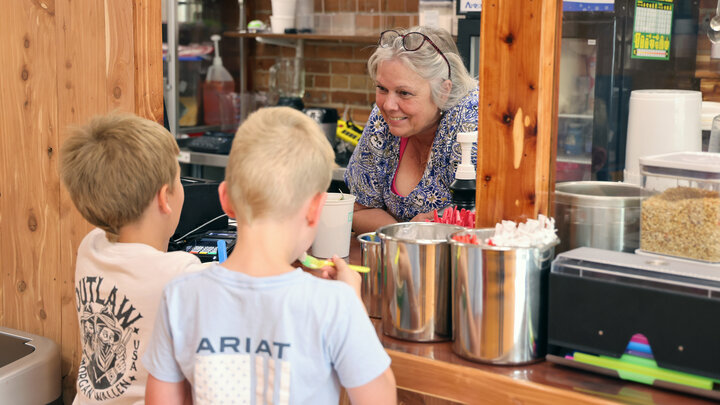Feature stories/news
Website Under Construction
The University of Nebraska-Lincoln is transitioning to a new web content management system in an effort to simplify creation for faculty and staff, and improve the user experience. Please excuse our mess at Otoe Extension's website as we navigate this new system.
Follow along on Facebook to stay up to date on what’s happening at Otoe County Extension!
Upcoming Events
Error: The node referenced for the Node Include component no longer exists.



